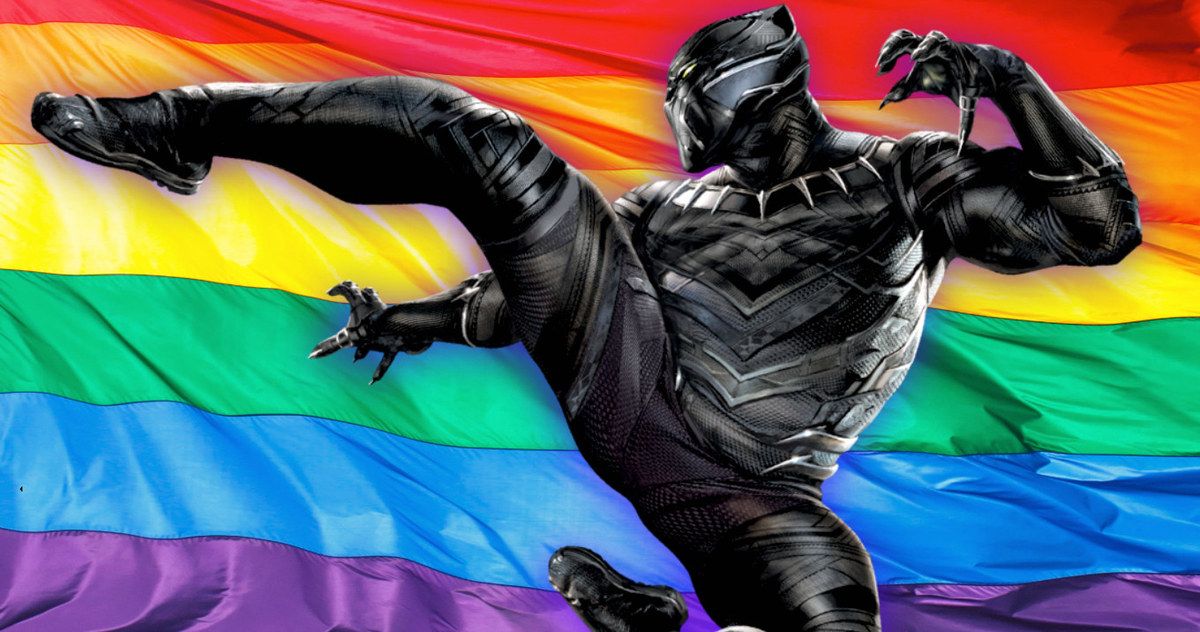Following the news that a small but growing number of countries have banned Doctor Strange in the Multiverse of Madness due to its inclusion of an LGBTQ+ character, the movie’s lead has spoken at length about the “expected disappointment” of the reaction to the movie by countries including Egypt and Saudi Arabia. Earlier today it was reported that Disney had refused to cut 12 seconds of footage from the movie that would have probably allowed the film to be released in those countries. This will be the second time Disney have taken a similar stance recently around their Marvel releases, having turned down demands to remove a same-sex kiss from Eternals from the same countries.
In Doctor Strange in the Multiverse of the Madness, the character that has been on the receiving end of the complaints is America Chavez, played by Xochitl Gomez, who like her comic book counterpart is a lesbian, and the movie gives a brief mention to her “two moms” which is the scene that Saudi Arabia asked to have cut.
While on the promotional tour for the Doctor Strange sequel, Benedict Cumberbatch addressed the whole issue around the LGBTQ+ inclusion in movies and in the world in general, and he didn’t hold back. In a video shared by Doctor Strange Updates on Twitter, Cumberbatch had the following to say.
“It is, I’m afraid, an expected disappointment. We’ve come to know from those repressive regimes that their lack of tolerance is exclusionary to people who deserve to be, not only included, but celebrated for who they are and made to feel part of a society and a culture and not punished for their sexuality. It feels truly out of step with everything that we’ve experienced as a species, let alone where we’re at globally more as a culture, but frankly it’s just even more reason why this isn’t tokenism to include an LGBTQ+ community member. This character is that from the comics. It’s not something we’ve created for the sake of diversity. We’ve included her because of how awesome she is as a character. And that’s just one aspect of her character and that’s all it should be, but sadly, it’s also now, politically, very charged. And I wish it wasn’t. I wish we could be having a normalized conversation about this where it wasn’t an issue but we’re not. So we still have to fight. We still have to push for inclusion and equality and I’m very glad in a small, but on a very big canvas, Marvel and Disney are doing that.”
The Issue of Banned Movies in Gulf Countries Is Not A New One, But It Is Not Getting Better
Doctor Strange in the Multiverse of Madness may be the latest big movie to not be released in Gulf countries such as Kuwait and Saudi Arabia, as well as Egypt, but it is by no means the only movie to suffer the same restrictions in these countries. In the last few years, a number of high-profile movies have seen bans being slapped on them for even just a mention of LGBTQ+ themes, and it has not just been countries in the Middle East who have been quick to censor the content.
In 2020, the Disney Pixar movie Onward found itself banned for a character mentioning her girlfriend’s daughter in one scene. While the film did go ahead in Bahrain, Lebanon, and Egypt, it was never released in Oman, Qatar, Kuwait, and, as you would expect, Saudi Arabia. In Russia, the movie had the word “girlfriend” replaced with “partner”, and they made similar cuts and changes to movies like Rocketman and Avengers: Endgame, as well as hitting Disney’s live-action Beauty and the Beast with a 16+ rating due to a blink-and-you-miss-it moment where Josh Gad’s Lefou was seen dancing with another man at the end of the movie.
Of course, as more big movies are released featuring openly gay characters, same-sex couples, and LGBTQ+ references, the attitude of this same group of countries is becoming more noticeable as the world advances and their opinions remain unchanged. One thing that seems to be just as set in stone is the fact that studios are not willing to make changes to pander to countries that will not accept content as it is originally presented when it comes to representation of all types. That seems to just be something that countries that continue to ban LGBTQ+ content are simply going to have to accept if they are not willing to change their stance.

.png)
